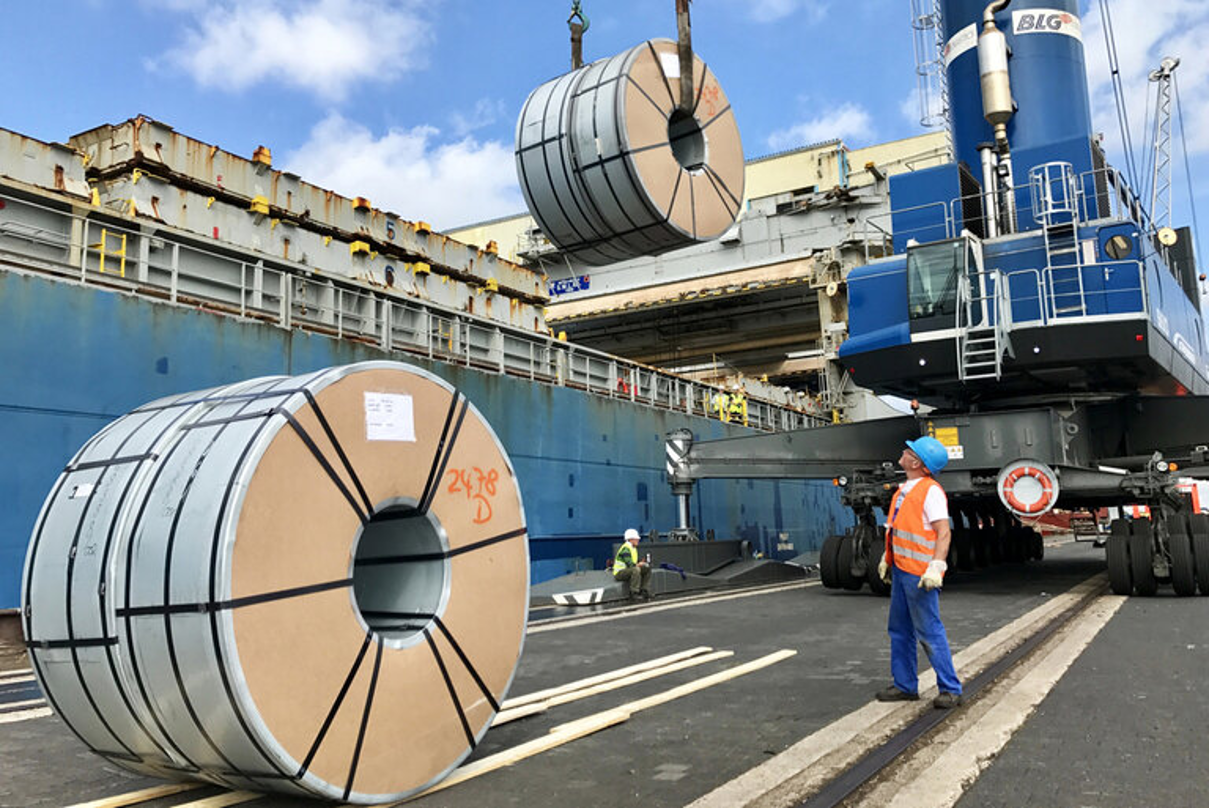Canada

October 28, 2018
Mexico, Canada Say No USMCA Until U.S. Lifts Tariffs
Written by Sandy Williams
Section 232 tariffs are coming under fire by representatives of Mexico and Canada, who say there will be no signing of the new U.S.-Mexico-Canada Agreement (USMCA) on trade in North America until the tariffs are lifted.
“We need to solve that issue before the signing takes place,” said Juan Carlos Baker, Mexico undersecretary for foreign trade.
Baker added that Mexico will not accept a quota system as a substitute for steel and aluminum tariffs. “It won’t solve the issue. We need to get these tariffs lifted. That’s objective No. 1. How do we get to that point?” asked Baker at a WTO meeting in Canada last week. “This distortion should not exist in North America.”
Baker also criticized the retaliatory 25 percent surtax on certain metal products by Canada that went into effect as of Oct. 25. The measure is intended to ensure that Canada is not used as a dumping ground for steel exports displaced from the U.S. market. Mexico is affected by Canada’s safeguards on energy tubular products and wire rod.
“We do not disagree with Canada’s objective,” Baker said, “which is the overcapacity issue that affects everyone, including Mexico. Where we disagree with Canada is that Mexico is the source of such excess capacity. We are disappointed that we were not excluded from this measure.”
Baker said his nation is working with Canada to exempt Mexico and has not ruled out retaliatory tariffs or a WTO case against Canada.
Speaking at an event near Niagara Falls, U.S. Ambassador to Canada Kelly Craft justified the U.S tariffs on steel and aluminum imports on Canada as a measure designed to prevent the circumvention of foreign metal to the U.S.
“That is not something that is against Canada,” said Craft. “It’s just protecting North America from other countries that will be passing raw materials through, and also to protect our steel industry at home.”
David MacNaughton, Canadian Ambassador to the U.S., said the transshipment issue has been part of the trade discussions with the United States. “We have demonstrated we are prepared to make sure we don’t become some kind of a transshipment point, and I think that’s part of the exercise — making sure the U.S. is convinced that isn’t going to happen.”
“I’m hoping that the steel and aluminum tariffs come off soon,” said MacNaughton. “Clearly during the negotiations, the president made a point on several occasions, as did members of Congress, that the (tariff) action was not so much suggesting Canada was a national security threat, but to exercise leverage.”
Under the 2015 Trade Promotion Authority timetable, the earliest the USMCA could be signed by President Trump is Nov. 29.







